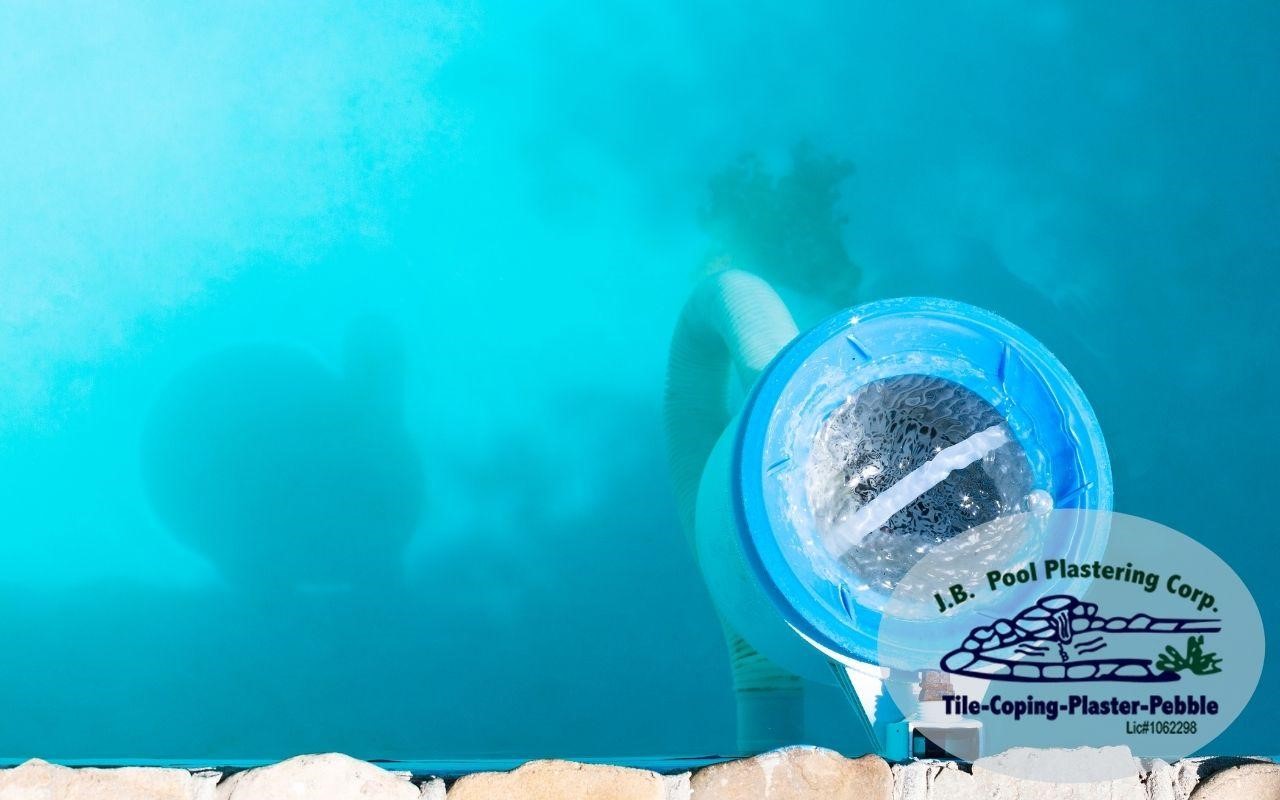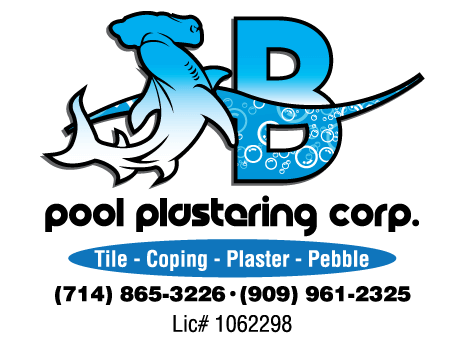
The Best Advice For Pool Pump Repair – Fast & Reliable
Do you notice a clean problem in your pool water? Maybe you’re facing a problem with the water circulation. A Pool Pump Repair can be the solution.
Keep reading to learn more about pool pump motor problems and how to diagnose the problem.
Check for debris or a blockage
One of the most common problems with a pool pump is that it fails to start. This can be due to a number of reasons, including a blockage of the impeller. To check whether your pump has a blockage, turn off the power and remove the impeller assembly from the housing.
Check the motor for any debris or other problems. If it is working properly, clean out all debris and tighten the screwdriver again. Also, it can be checked in pool maintenance.
Check for the Pool Pump Conditions
Before starting the process of repairing your pool pump, carefully inspect the entire unit. There should be no cracks around the edges or rust. The pump should also have no leaks or rust. Take your time to look at every aspect of the pump.
Make sure there are no loose bolts, cables that are frayed, and that the pump itself is free of debris. Once you have found the problem, contact a professional who offers pool service.
Inspect the Pump’s Electrical System
A malfunctioning pump can result in dirty, murky water. It may be faulty if the motor has excessive voltage, or because of overheating or a clogged impeller. The impeller and suction lines must be checked for debris, and the capacitor needs to be replaced if needed. You can also check the motor’s capacitor.
This component is responsible for starting the pump with a small jolt of electricity. A replacement is best left to a professional.
Another Common Problem Affecting a Pool Pump is a Clogged Impeller

A clogged impeller causes the pump to pull air instead of water, which can cause excessive friction and motor burnout. The impeller is also important for filtration and can block the water flow of your pool. By ensuring the shaft is not clogged, you can increase the life of your pool pump.
While the impeller itself can be cleaned manually, it’s best to have an electrician come in to troubleshoot the electrical system. A qualified electrician can troubleshoot the problem and determine what needs to be done. When in doubt, call a professional technician. He’ll be able to give you the best advice and recommendations.
If a pool pump is making a high-pitched noise, it is most likely that something is wrong with the impeller. It may be due to structural vibrations or an inadequate water supply. The loudest noise is caused by a worn-out bearing. Changing the bearings requires disassembling the entire pump system and may require a professional to fix it.
A Faulty Pump Bearing Will Cause the Motor to Make Excessive Noise.
It should be replaced by a professional. If the motor is humming too loudly, you need to replace the bearing. Changing the bearing will require accessing the pump’s motor. Then, the pump will stop making any noise at all. If you have a noisy pump, the seal will be leaking water. When the hose is plugged in, it will create a lot of noise.
Overheating and Malfunctioning | Pool Pump Repair
Some of the common problems with pool pumps include overheating and malfunctioning timers. It could also be that the motor shaft is faulty or that the electrical wiring is faulty. To fix this, tighten the wires using an 8mm or 10mm spanner or appropriate screwdriver. If the problem is more severe, you should contact a technician to fix it. If you suspect that the problem is due to a capacitor, replace it with a professional. Contact JB Pool Plastering Corp. if you have any issues with your pool!
You Might Need to Replace Your Motor
Alternatively, if the problem is with the motor, you can replace it yourself. Luckily, replacing the motor is a relatively simple process and shouldn’t take more than an hour. If you’re not confident with electrical installations, call a professional.
Generally, repairing a leaking pool pump is a standard task and should not take more than an hour. If you can’t perform this task on your own, you can call a professional for assistance.
A Leaky Pool Pump Can Be Easily Repaired

All it requires is a screwdriver and a wrench. If the problem is more serious, you can replace the impeller. If the leak is electrical, it’s best to get a qualified electrician to look at the problem. When in doubt, you can also try to replace the impeller. If you’re unsure, rewiring is the best option.
If the pump is not working properly, you can try to repair it yourself. You can check for leaks by looking at the pump’s dampness. If the shaft is wet, you should replace the shaft seal. Also, in case you can’t find a replacement, you can try softly hitting the motor with a rubber glove. Moreover, if you can’t see any signs of this, you should consult a professional. Alternatively, if the pump still does not work after this, you can test it for air leaks by using shaving cream.
A screeching noise in a pool pump is a sign that the bearings are wearing out. While it may be tempting to replace a pump with a new one, it can be more expensive. Performing a pool pump repair yourself can save you money in the long run.
By following these tips, you can prevent costly repairs and maintain a great pool. With these handy tips, you can make your pool even more enjoyable. In addition, if you’re looking for a reliable contractor for pool repair and maintenance, don’t hesitate to contact us!




